This article first appeared at: stpaulcenter.com.
In our day and age, trust and mercy are as popular as tape recorders and fax machines: people wonder if they’re still around and working. Yes, they are. And when combined, their credibility is off the charts.
Every day we trust a myriad of people and things. We trust bridges to hold us and restaurants to serve food we can safely consume. We trust that our hair will fall in almost the same way as it did yesterday and that our dog will be waiting for us to go out for a walk in the morning. We trust professors to teach valid material and doctors to prescribe what is best for our health.
Trust sounds straightforward, but in practice, trust can feel complicated if we’ve been mistaken about who or what to rely on. Unfulfilled promises, the abuse of authority, and encountering our own limitations, as well as betrayals on personal and corporate levels, can all fuel a strong distrust. Can trust once broken be restored? In a culture ravaged by dishonesty and relativism, is it even desirable to trust?
We can’t avoid trust. When we fall short or others fail us, we scramble to find if there is anything unchanging to rely on. All of us are searching to trust something bigger than ourselves.
A Polish sister in the 1930s, Faustina Kowalska (whom I was named after at birth), filled many notebooks detailing the Lord’s message to her, which asked the world to trust in His mercy. What, then, is this mercy of God, that it should be trusted?
When we think of mercy, we may cringe a little. We may not want to receive mercy because we do not want to be the one in need of mercy. And we may not want to give mercy because we do not desire or have the strength to love another who has wronged us. Mercy can be hard to receive and hard to give.
The mercy of God, however, goes beyond showing compassion for an offender. Although it is highlighted when meeting our sinfulness, God’s mercy encompasses the fullness of His love for us, which is infinite and freely given, without conditions for earning it.
As creatures we are enveloped in God’s mercy at every moment. The very creation of our life is undeserved. We did nothing to labor for it, nor can we return the favor. Without His unconditional, merciful love, we would simply not exist. Mercy is God’s love for us, which is always unmerited. And there is no shortage of it!
In taking on our human nature, Jesus perfectly joined God and man in His very person. He embodies the encounter of God’s love for humanity. In speaking to St. Faustina, Jesus expressed, “I am Love and Mercy Itself. There is no misery that could be a match for My mercy, neither will misery exhaust it, because as it is being granted—it increases. The soul that trusts in My mercy is most fortunate, because I Myself take care of it.”
Jesus would repeat many times the importance of trust, but this may be the clearest: “The graces of My mercy are drawn by means of one vessel only, and that is—trust. The more a soul trusts, the more it will receive.” Trust is choosing to receive this unconditional love of God for us, His mercy.
What is more reliable than the mercy of God? It is total and inexhaustible, and everything for us.
Jesus I Trust in You: A 30-Day Personal Retreat with the Litany of Trust
– Sr. Faustina Maria Pia, S.V. (Paperback)
We were made for love, and love requires trust. In Jesus I Trust in You: A 30-Day Personal Retreat with the Litany of Trust, Sr. Faustina Maria Pia, S.V., learn what it means to place our trust in Jesus—no matter the circumstances.
In this powerful invitation to a loving, trusting relationship with our Lord, you will pray with the Litany of Trust to overcome every obstacle to peace.
Sr. Faustina Maria Pia, S.V. was raised in Somers, Connecticut and studied Human Services and Nursing, desiring to serve those who are suffering. After experiencing a call from Jesus, she entered the Sisters of Life in 2009 and professed her final vows in 2018. The Sisters of Life are a community of religious women who vow to protect the sacred dignity of every human life; their missions include serving women in crisis pregnancies and women who have suffered the wound of abortion. Sr. Faustina currently resides in New York and serves as the local superior of the Sacred Heart Convent.
Australia & New Zealand – CLICK HERE TO PURCHASE
Rest of the World – CLICK HERE TO PURCHASE




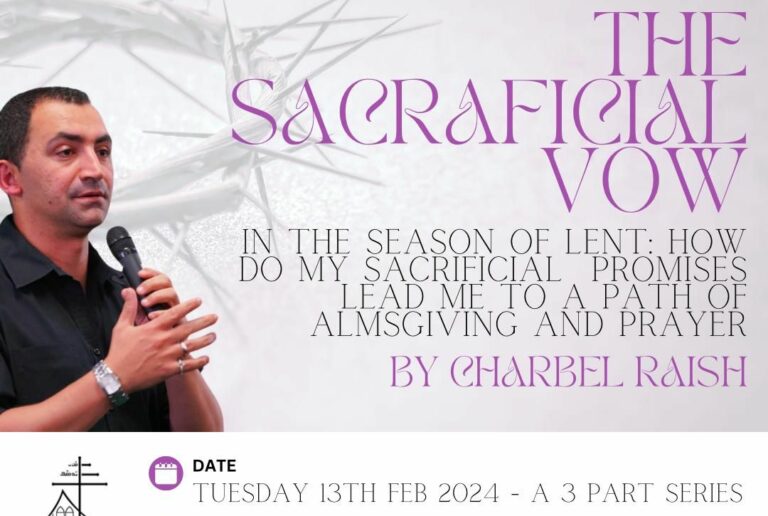
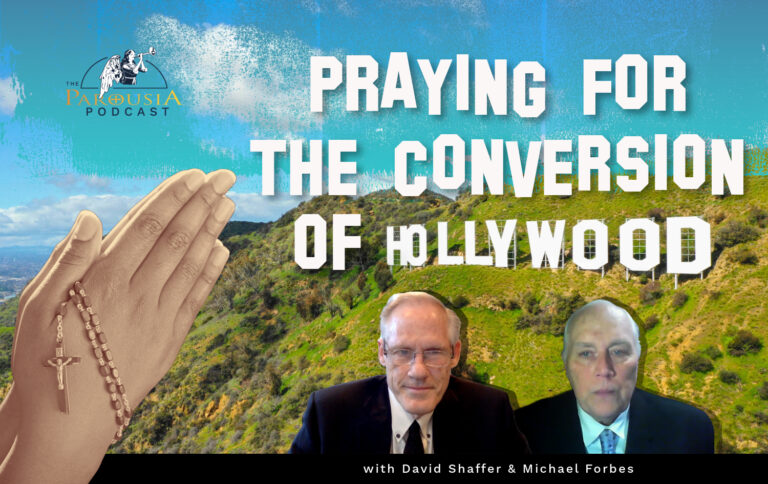
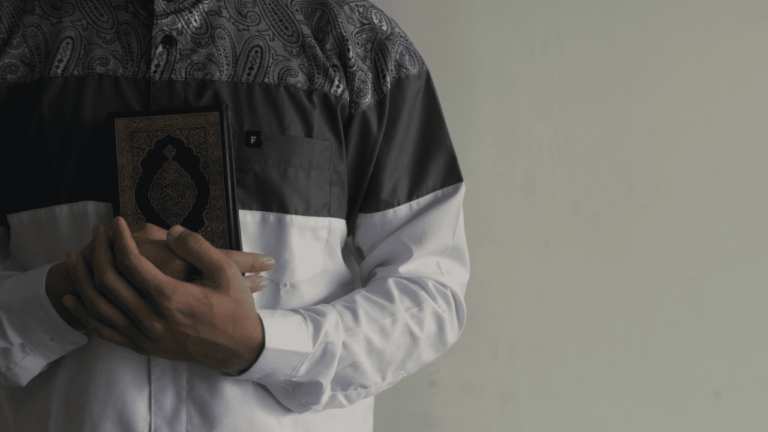

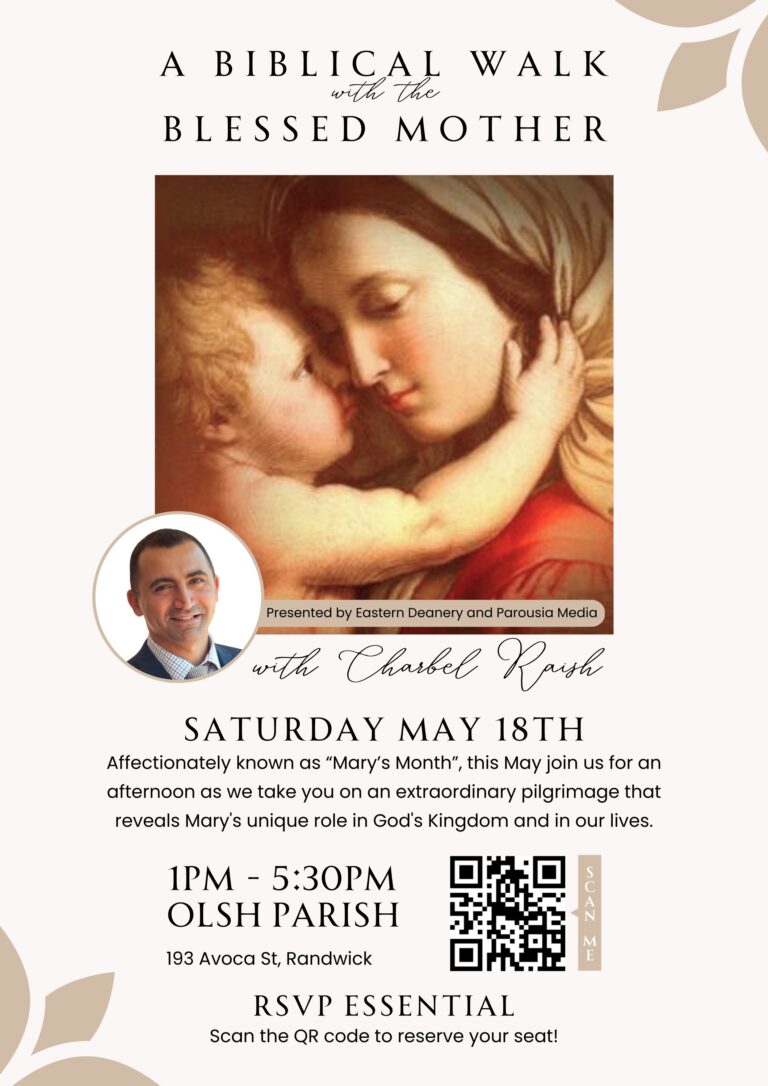
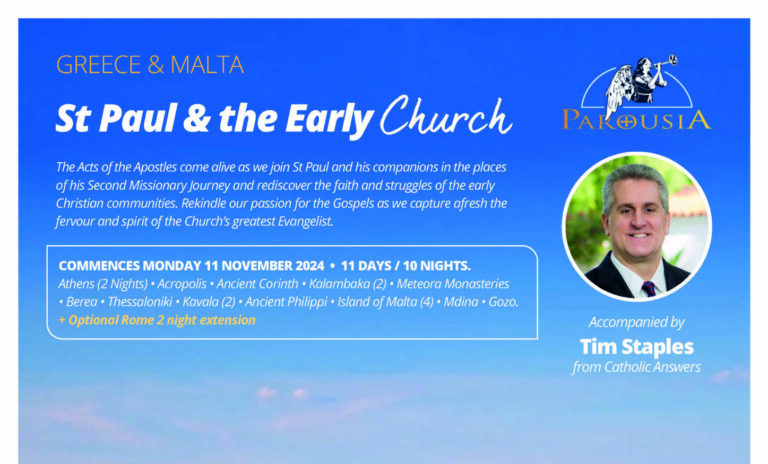
Recent Comments